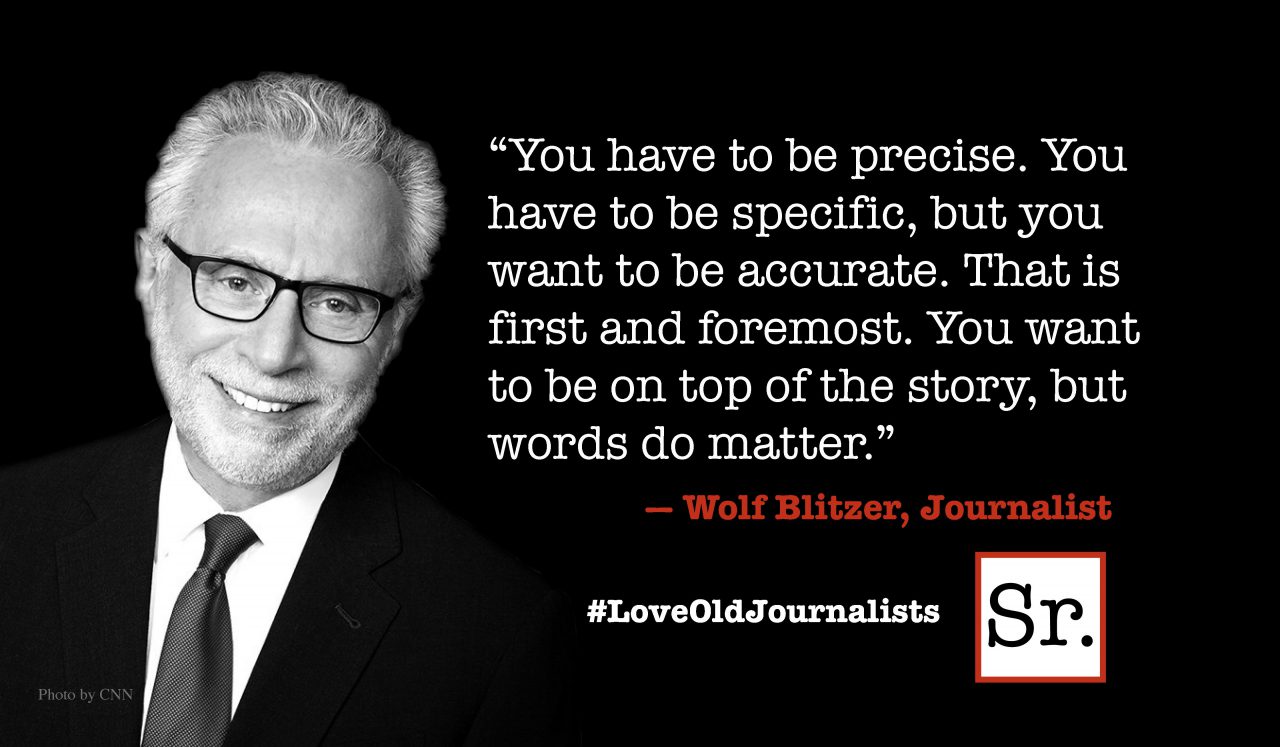It was an early morning call, and I could hear the slight edge of controlled anxiety in her voice. Therese told me she had a large sum of money she expected to receive at any time and she wanted to be sure she was ready for it. The thought of that amount had her obsessing over money: what were the tax implications? Should she find a better, more protective corporate structure? What did I think it could do to the family dynamic?
Those were genuine concerns. But she also had dozens of “what if” questions racing through her head, day and night, she admitted. They were concerns about things that hadn’t happened yet. And probably never would.
By the way, that’s no different from the obsessive concerns that can run through women’s heads as they worry about the opposite problem: not enough money.
Not that some of the concerns aren’t real … as Therese’s were.
Those real concerns should be addressed as part of the planning and actions we all need to create around our money, whether it’s too much, too little or just enough. We need to know exactly what the demands are on our resources, and whether or not we can meet them. And if we can’t meet them, what are we going to do about it? Confirmation. Plan. Action.
But what I’m talking about here is the endless mind chatter over money that we allow to consume our thoughts.
It happens in cases where the inflow of money is irregular. It could be the entrepreneur who is just starting her business and doesn’t have a steady inflow of money yet. Or the woman who earns on commission. But it also happens to women with a steady salary. So the “what if” obsessing over money is not related to how the money comes in or whether there is enough.
It’s related to two things: (1) the control and power we hand over unnecessarily to money. And (2) the fact that too many of us continue to let our financial situation exist in our minds … instead of on a piece of paper, pinned down in black and white.
If you have your numbers written down clearly in terms of what comes in and what has to go out, and you have a shortfall, you know you have to deal with the gap. Either you find expenses you can cut or you figure out how to bring in enough to cover the gap. In this case, the “what if” concerns should be limited to the real consequences if you fail to do so.
On the other hand, if you don’t have the numbers written down clearly, the “what if” obsessing over money is endless. It will take up residence in your mind, and edge out all attempts at creativity, productivity … and sleep.
A few of those concerns will be real. But the majority will be about things that will never happen.
It reminds me of the familiar Shakespeare phrase “A coward dies a thousand deaths …” (The whole quote reads “A coward dies a thousand times before his death, but the valiant taste of death but once.”)
Out of fear, the coward experiences every possible fatal mishap and tragedy in his imagination, but still only dies once. In the case of your finances, why would you want to live every possible mishap and embarrassment related to your money … if only one outcome will ever occur?
Doesn’t it make more sense to know what that outcome might be? And deal with it?









